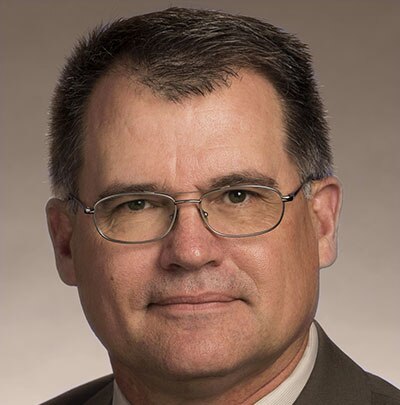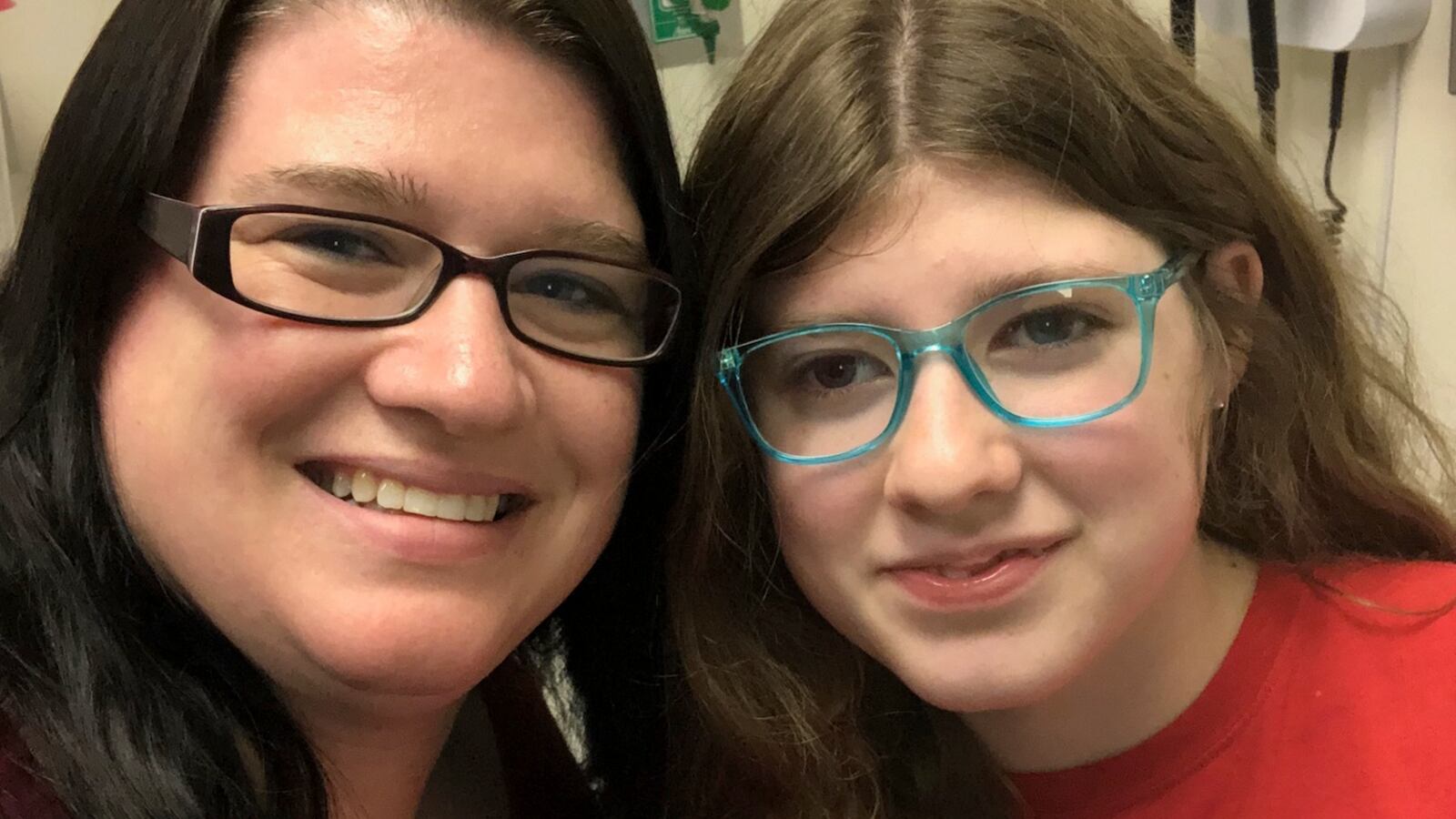Alex Cales had attended Tennessee public schools for more than four years when frustrations over bullying and a lack of specialized attention convinced her family to place the fourth-grader in a private school for students with disabilities.
“She was in tears every day and she just wasn’t thriving,” recalls Veronica Cales about her daughter, who was born with cerebral palsy. “But when she told me one day after school that she wished she was dead, we knew we had to do something different.”
The family pulled Alex out of Millington Municipal Schools and enrolled her in Madonna Learning Center in Germantown near Memphis, where her mom said she is doing well.
But because Alex exited public schools in the fall of 2016 — just months before the launch of a state voucher program for students with disabilities — her parents cannot access public money set aside to help families who choose to pay for private school or other education services.
The family’s story is especially poignant because Tennessee’s Individualized Education Account program for students with disabilities is underused. Only 137 out of 42,000 eligible students are recipients of so-called IEAs, which last year awarded an average of $6,700 per participant.
“It’s a hardship; we struggle,” said Cales of paying more than $13,000 annually in private tuition for Alex, who has two sisters in public schools. “There are times I look back and wish we could have held off so that we could have state assistance. But we were at a breaking point. We could not wait.”
Under the 2015 law creating the program, a student must be enrolled in public schools for at least a year at the time of application to become eligible.
The program’s low enrollment has surprised most state officials who had expected more families to sign on by its second full year. Based on other states with similar programs, the state comptroller had estimated that more than a thousand Tennessee students would participate.
“I’ve heard that as being a criticism of the program,” said Tennessee Board of Education member Bob Eby of the low participation.
The numbers have also frustrated some state lawmakers who favor giving parents more choices over their child’s education. Multiple attempts to expand the program have consistently been stymied in the legislature amid concerns about the potential cost, a desire to make sure the program is working well first, and a wariness of vouchers in general.
“I’m not trying to expand vouchers; I’m just trying to take care of our kids,” said Rep. Jay Reedy of his bill — which is now on hold — to open up the program to students with disabilities who now attend private or home schools.

But with a projected annual cost of $1.6 million in five years, Reedy’s proposal hasn’t come before a committee and quickly drew pushback from groups representing the state’s superintendents and school boards.
“Looks like we will hold it this year,” said Reedy, a Republican from Erin.
Meanwhile, Tennessee’s Individualized Education Accounts are under a microscope to understand why so few families are pursuing them. Disabilities that are eligible include autism, deaf-blindness, developmental delay, hearing impairments, intellectual disability, traumatic brain injury, and orthopedic or visual impairments.
Program director Rebecca Wright says one likely reason for low enrollment is that families must be willing to waive their child’s federal right to attend a public school and receive a “free and appropriate” education, even if they have a disability.
“That’s a very big decision to make,” Wright told the state board recently.
For many families, the average voucher award wouldn’t begin to cover the costs of private education services for a student with disabilities — things like private tuition, tutoring, online courses, or therapeutic services.
“It is critical that parents understand their rights and that they are waiving these rights in order to participate,” said Tom Jedlowski, a spokesman for the Tennessee Disability Coalition, which has a neutral position on the program.
Rep. Debra Moody, whose legislation with Sen. Dolores Gresham helped to create the program, said it will take time for Individualized Education Accounts to catch on — both for families who are considering enrolling and private schools that must apply to participate.
“Another factor may be that a lot of our public schools are already meeting students’ needs,” said Moody, a Republican from Covington. “Many are doing a great job and parents are happy.”
But that doesn’t mean the program shouldn’t be widened, said Gresham, who chairs the Senate Education Committee and has sought in previous years to expand eligibility.
“We haven’t given up,” said Gresham, who signed on as Reedy’s co-sponsor this year. “Those children and those families who want to become part of the IEA, we need to find a way for them to participate.”

Dale Lynch, who heads the state superintendents organization, said families should first give public schools a chance. His group favors the current law that requires families to be enrolled in public schools when they apply.
“We think our educators do a phenomenal job of meeting the needs of special needs children. We want to work with parents and kids,” Lynch said. “But to expand the IEAs when they’re not even in our school system is a little confusing for us.”
For families like Veronica Cales, such hard-and-fast rules don’t capture the nuances of every family’s situation. After all, her daughter had been in public schools for four years before moving to a private one just months before Individualized Education Accounts were an option.
“I understand, but I also don’t,” said Cales, whose daughter is now 12. “It’s hard.”
Below, you can watch the Tennessee Department of Education’s video for parents about the Individualized Education Account program.

